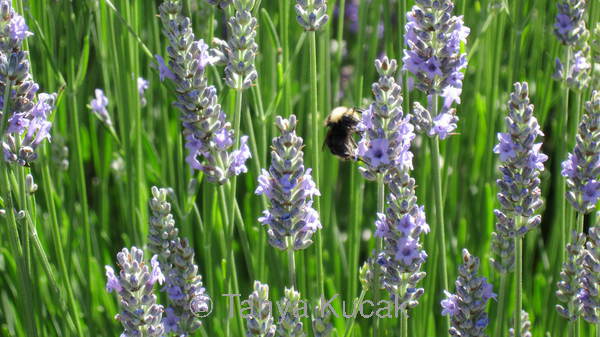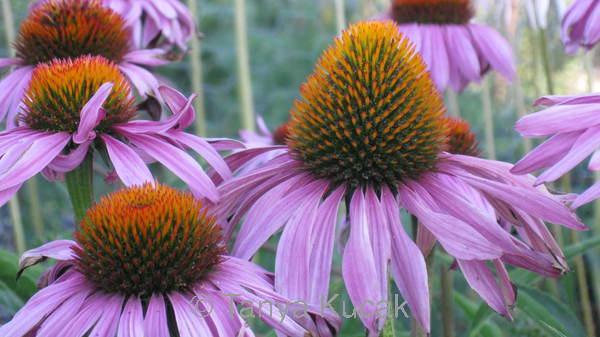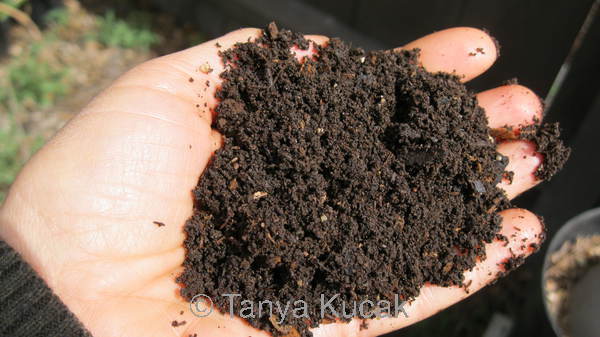
Joe Lamp'l, host of the public tv series Growing a Greener World, talked about the five biggest gardening mistakes at the San Francisco Flower and Garden Show last month.
1. Not managing water wisely.
Though we live on a water planet, only 1% is fresh water. Especially in drought years, it's important to water wisely: using drip irrigation or soaker hoses to get water directly to the root zone, watering from dusk to dawn to reduce loss to evaporation, and choosing plants that are drought tolerant. Many diseases are spread by wet foliage from sprinklers or by water accumulating around the crown of the plant. Poor drainage also kills or weakens plants.
2. Not considering the plant's cultural requirements.
In his three years hosting another public tv show, GardenSmart, Lamp'l visited dozens of top public gardens all over the U.S. Before the cameras rolled, he asked each gardener one question: what's the most important thing you do to keep your garden looking great all year? From Anchorage to Miami, he said, they all had the same answer: plant the right plant in the right place. Plants that are too big for the spot, are not watered appropriately, or are not suited to the amount of sun or shade always look bad despite taking more work to maintain.
3. Not understanding the importance of healthy soil.
Feed the soil to feed the plant is Lamp'l's second favorite mantra. The best way to improve clay or sandy soil is to add organic matter. A soil test can tell you what not to add, but healthy soil has all the nutrients it needs as long as organic matter is added, he said. And compost is the best source of organic matter. Locally, Lyngso in Redwood City sells three types of compost in bulk, including Double Doody.
4. Not using enough mulch.
Mulch keeps weeds down, reduces evaporation, moderates soil temperature, and looks good. Use a 3-inch layer, and pull it away from the crown of plants so that water does not collect there. Fresh wood chips are okay to use, and the most economical way to get them is free from tree trimmers. Natural mulch eventually breaks down and improves the soil, Lamp'l said, but know your source. Make sure that treated wood has not been added, and if you have oaks, be careful about accepting mulch with any chipped oak or bay trees.
5. Not using fertilizers and pesticides responsibly.
Like Lamp'l, I don't use any fertilizers or pesticides. If you use chemicals, Lamp'l said, keep on target and understand how and why the products work. Synthetic fertilizers and pesticides damage living soil and are washed away with irrigation or rain and end up downstream or in the watershed. Pesticides kill not only the 3 percent of pests, but also the 97 percent of benign and beneficial insects, and about 7 million birds die every year from eating poisoned bugs, Lamp'l said. The most effective method of control, he said, is manually picking off insects. Covering plants with floating row cover keeps flying insects off and prevents them from laying eggs. As a last resort, if you can identify a pest, spray it directly with water or soapy water.

Right plant in the right place: lavender likes full sun and infrequent water.

Right plant in the right place: Full sun with moderate water helps purple coneflower thrive in the medicinal herb garden.

Add handfuls or bucketfuls of luscious compost, full of life, to improve any soil and nurture a productive organic garden.
© 2012 Tanya Kucak